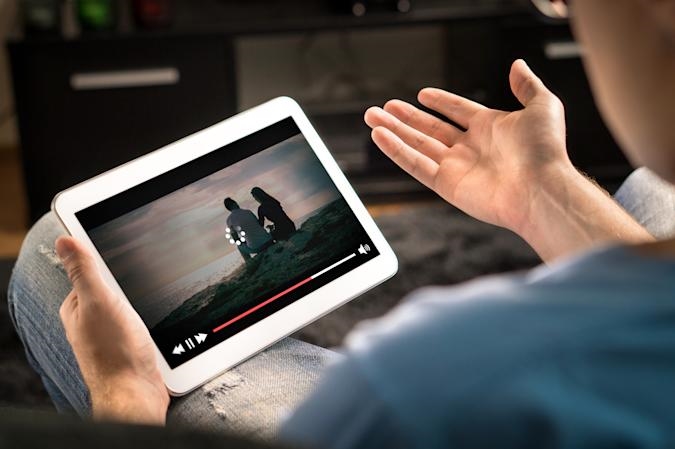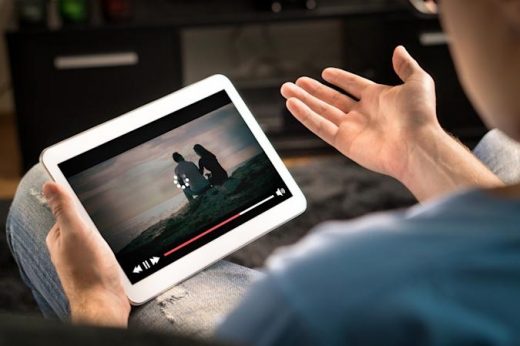The FCC wants to know how fast your internet connection is
The FCC wants to know how fast your internet connection is
So please download and use its speed test app.


The FCC has had a speed test app since 2013, but under Acting Chair Jessica Rosenworcel it’s asking that more Americans download and use the software (which you can get on Android and iOS). By doing so, the agency says you’ll help it collect more accurate information on the speed and availability of broadband internet throughout the US. In turn, that information will help guide its policies.
If you’ve used Ookla (or any other speed test app, for that matter), what’s on offer here won’t take you by surprise. Press the “Start testing” button and the software will measure your download and upload speeds, as well as the latency of your connection. If you want to get really nerdy, you can also configure it to measure jitter and packet loss as well. Keep in mind that if you want to help the FCC collect better data on broadband availability, you’ll want to test your WiFi connection. It is also worth noting that if you decide to share any data with it, the FCC says it will protect your privacy and confidentiality.
“To close the gap between digital haves and have nots, we are working to build a comprehensive, user-friendly dataset on broadband availability,” said Rosenworcel. “Expanding the base of consumers who use the FCC Speed Test app will enable us to provide improved coverage information to the public and add to the measurement tools we’re developing to show where broadband is truly available throughout the United States.”
The accuracy of the FCC’s coverage maps has been a well-known issue for years, with a 2019 study from Microsoft finding that approximately 163 million people weren’t accessing the internet at or above broadband speeds. That’s compared to the 25 million the agency estimated at the time. The current maps mostly feature data directly from ISPs like Comcast and Verizon (the owner of Engadget’s parent company, Verizon Media), which has been led to the problem in the first place.
All products recommended by Engadget are selected by our editorial team, independent of our parent company. Some of our stories include affiliate links. If you buy something through one of these links, we may earn an affiliate commission.
Verizon owns Engadget’s parent company, Verizon Media. Rest assured, Verizon has no control over our coverage. Engadget remains editorially independent.
(43)


